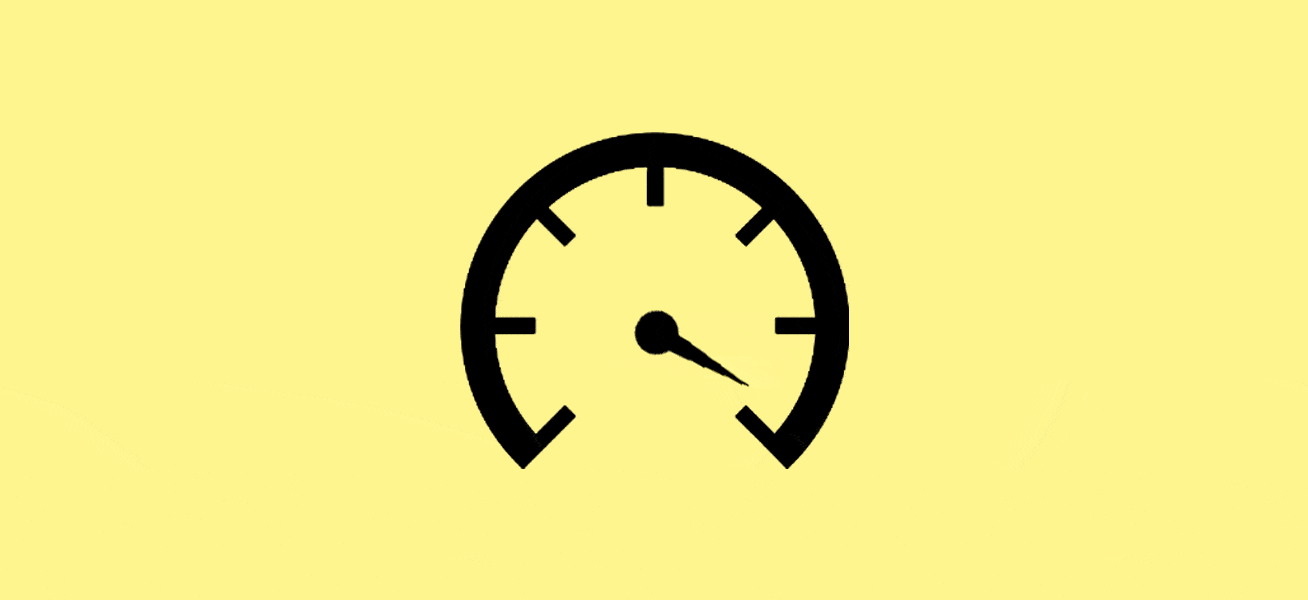The biggest healthcare questions of the 21st century
In this post we consider some of the biggest questions faced by healthcare today, including epidemics, obesity and health technology.

Just 16 years into the 21st century seven new vaccines have already been developed; the success of campaigns to eradicate diseases such as smallpox and polio seems likely; and new drugs are able to massively reduce your chance of getting HIV.
It seems that new healthcare advances are regularly in the headlines. But as far as we’ve come, healthcare still faces major challenges and questions. Here are a few of the biggest.
How can we respond effectively to fast moving diseases?

In early 2015 rumblings about the Zika virus began to travel across the globe; by February 2016 Zika was declared a full-blown crisis – a ‘PHEIC’ or Public Health Emergency of International Concern.
In recent years there have been several PHEICs – swine flu in 2009, polio in 2014, Ebola in 2014 and then Zika in 2016. There’s no doubt that there will be more to come, meaning those working in healthcare must develop the skills to cope in these situations – considering everything from infrastructure in developing countries to international collaboration.
How can we use genes safely and ethically?

Gene science has come a long way since 1952, when Rosalind Franklin first captured DNA in Photograph 51. We’ve sequenced all sorts of genomes, saved a young life using gene editing and one company is even aspiring to sequence your entire genome for just $999. The potential for gene science is enormous, if we can ensure it’s used responsibly and effectively.
How do we fight obesity?

In 2016 a study published in the Lancet claimed that for the first time there are more obese than underweight people. Medical intervention for such a large number of people just isn’t feasible. Curbing the number of obesity-related health problems will mean a renewed focus on making exercise and nutrition a priority for all.
How can we create technology that helps healthcare?

There is now a serious array of tech to help both healthcare professionals and patients – from day-to-day devices like Fitbits and iWatches, to established kit like pacemakers and blood glucose monitors, to more futuristic virtual doctors and VR surgical training.
But creating new technology is a costly and complex process. How can we ensure we’re creating technology that’s fit for purpose? And how can we teach people to use it?
How can we improve mental health services?

One in four adults experience mental health problems. That should mean that improving mental health services is top of every government agenda, but when there is pressure in other areas (like the outbreaks mentioned above) it can be difficult. Are there ways healthcare professionals can help people improve their own mental health.




